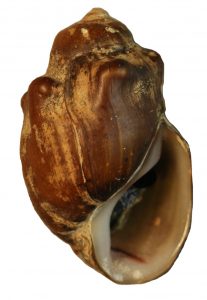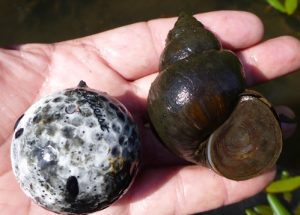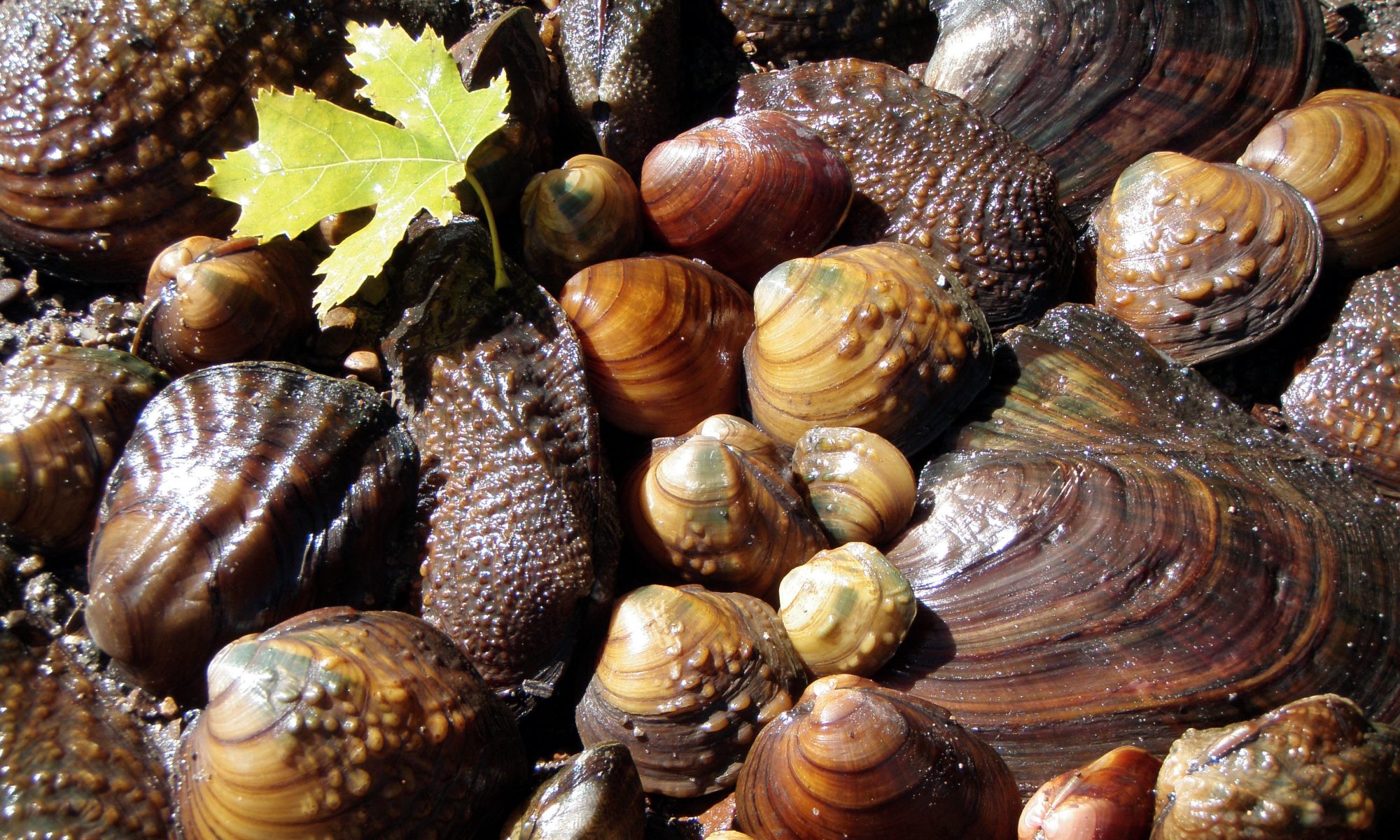The INHS Biological Surveys and Assessment Program (BSAP) helps minimize the effects of road building and maintenance on the local plants and animals, through field surveys, translocations, recommendations and mitigation activities. Additionally, support of the Natural Heritage Database and the INHS Biological Collections provide status and distribution information for common and rare species. There are currently 30 extant threatened and endangered aquatic mollusks in Illinois, and our role is to determine the presence of these rare species at sites under consideration for IDOT projects.
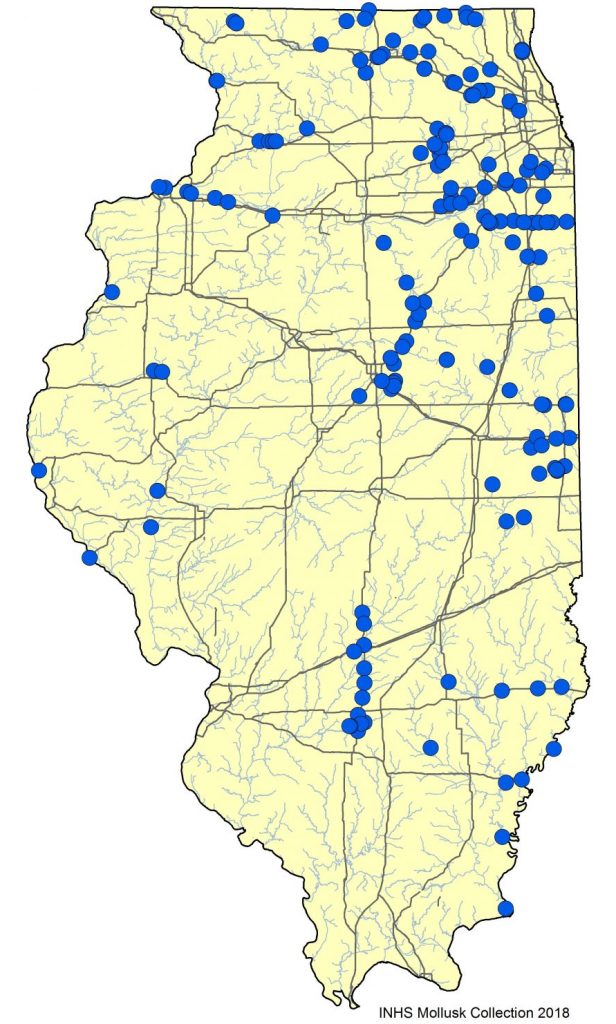
Typically, our research involves a status survey within the construction zone and immediate impact area for a listed species. If that species is located during our surveys, impacts can be assessed and ideally minimized. Some methods to minimize impact to a species may be translocation outside of the construction zone, recommendations for construction to occur during a specific time of year, or facilitating mitigation (funding for research or restoration of another habitat for that species).
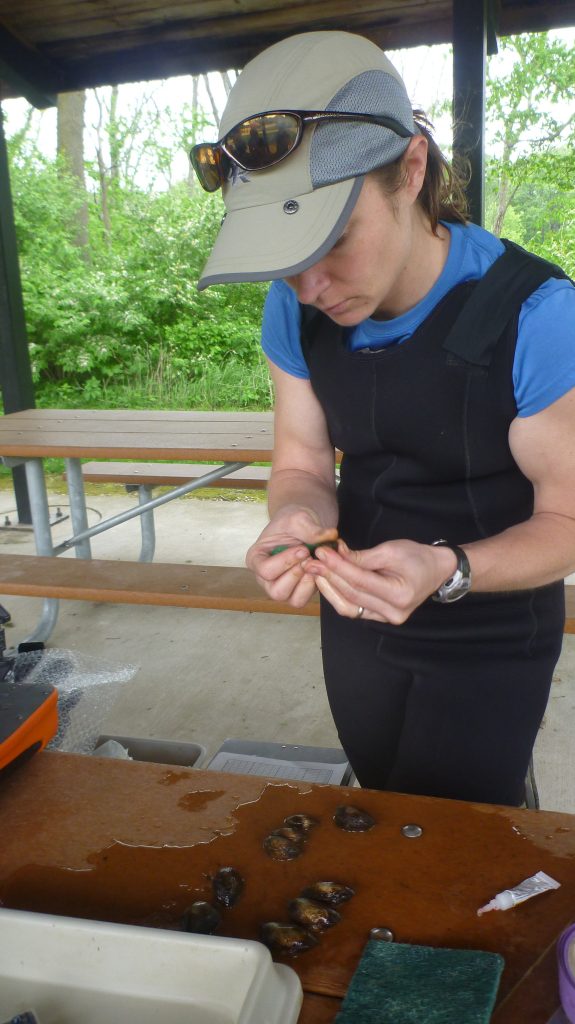
Freshwater mollusks are a vital component of stream ecosystems and are often considered biological indicators of water quality. Sadly, freshwater mollusks are one of the most imperiled groups of animals in North America. Around 70% of the nearly 300 freshwater mussel species and 650 freshwater snail species are in need of conservation, federally protected, or extinct. The primary factor responsible for the decline is human-caused disturbances to stream habitats (e.g., habitat destruction and environmental contamination), commercial harvest, and invasion of exotic species.
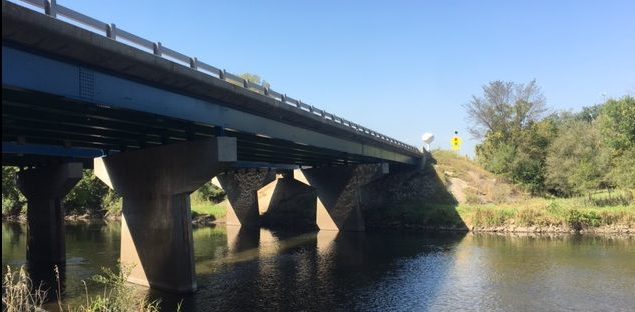
Updating Status of Mollusks in Illinois
Through BSAP surveys and other research projects, the status of freshwater mollusks throughout the state is continuously updated. Much of these data are preserved in our natural history museum collection, which represents a unique and invaluable source of data on current and historical occurrence of Illinois freshwater mollusks.
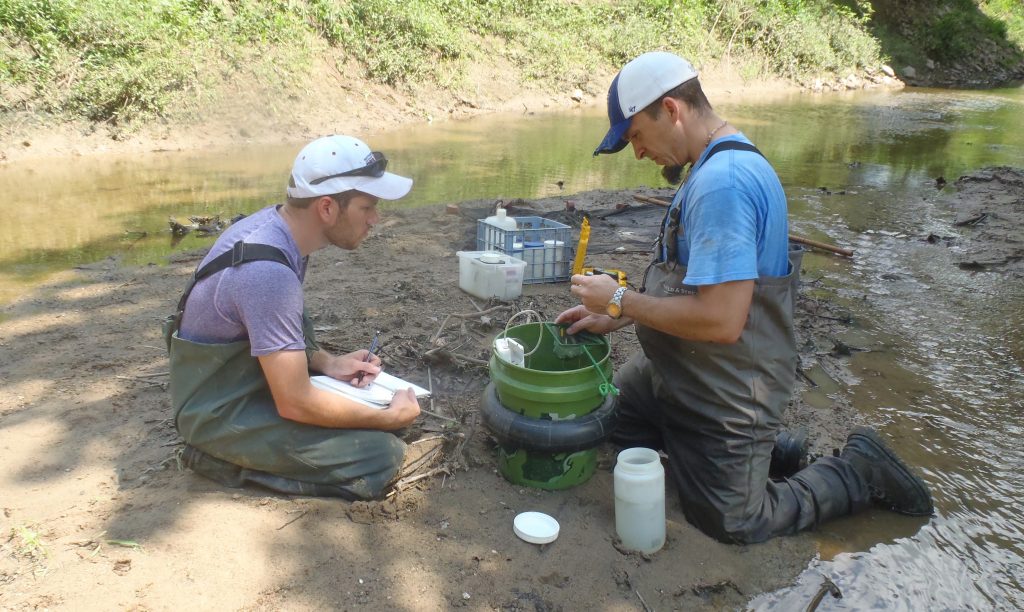
The efforts thus far have uncovered species never before collected in Illinois, such as the Ornate Rocksnail (Lithasia geniculata) and have documented the spread of non-native, invasive species. We are witnessing the spread of invasives such as Zebra Mussels, Chinese Mystery Snails, and Corbicula species through human activities (e.g., canoeing or aquarium releases) or animal movements.
